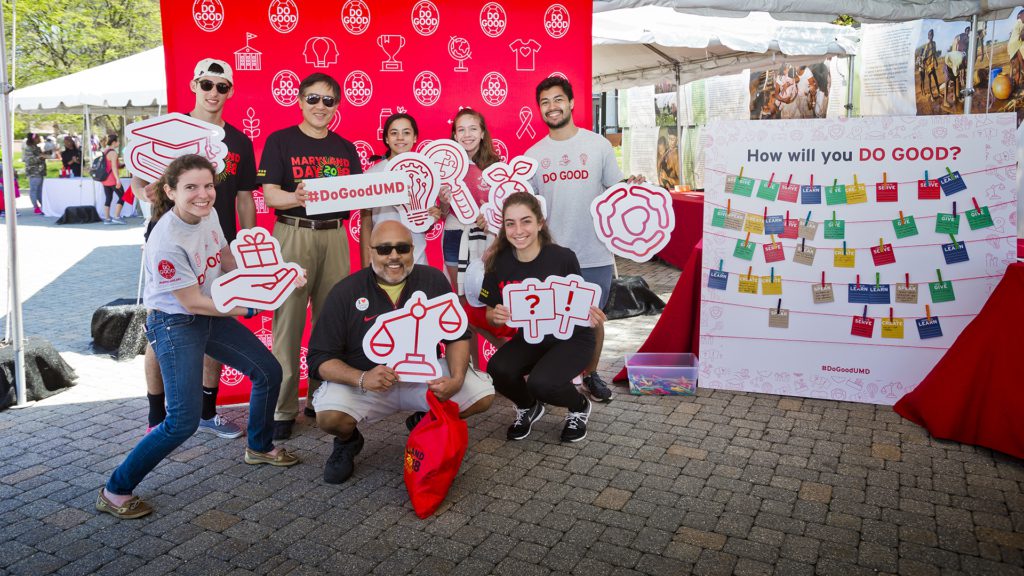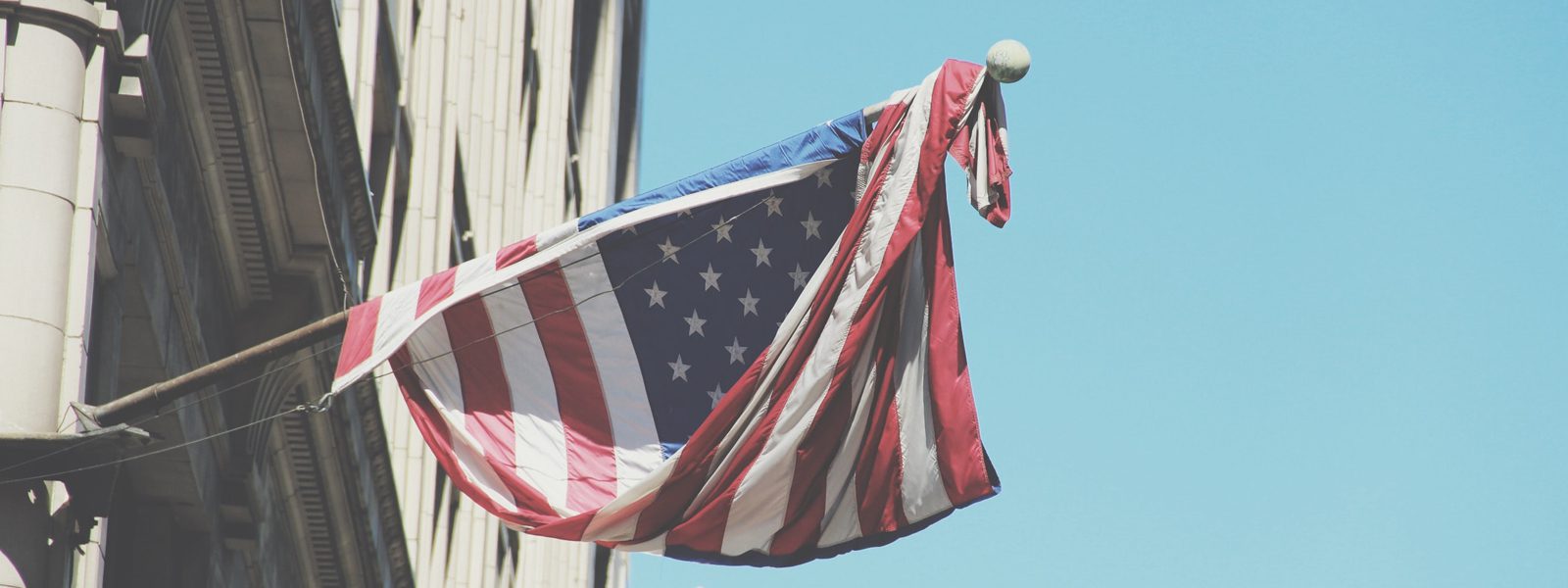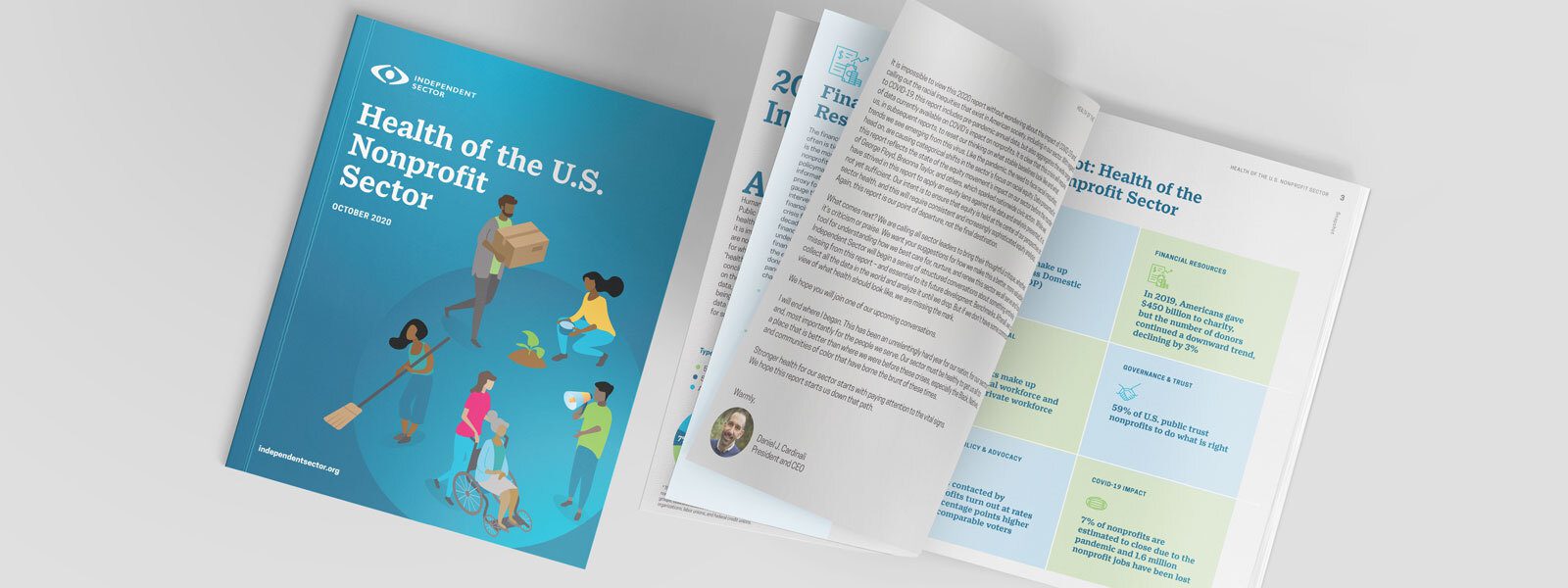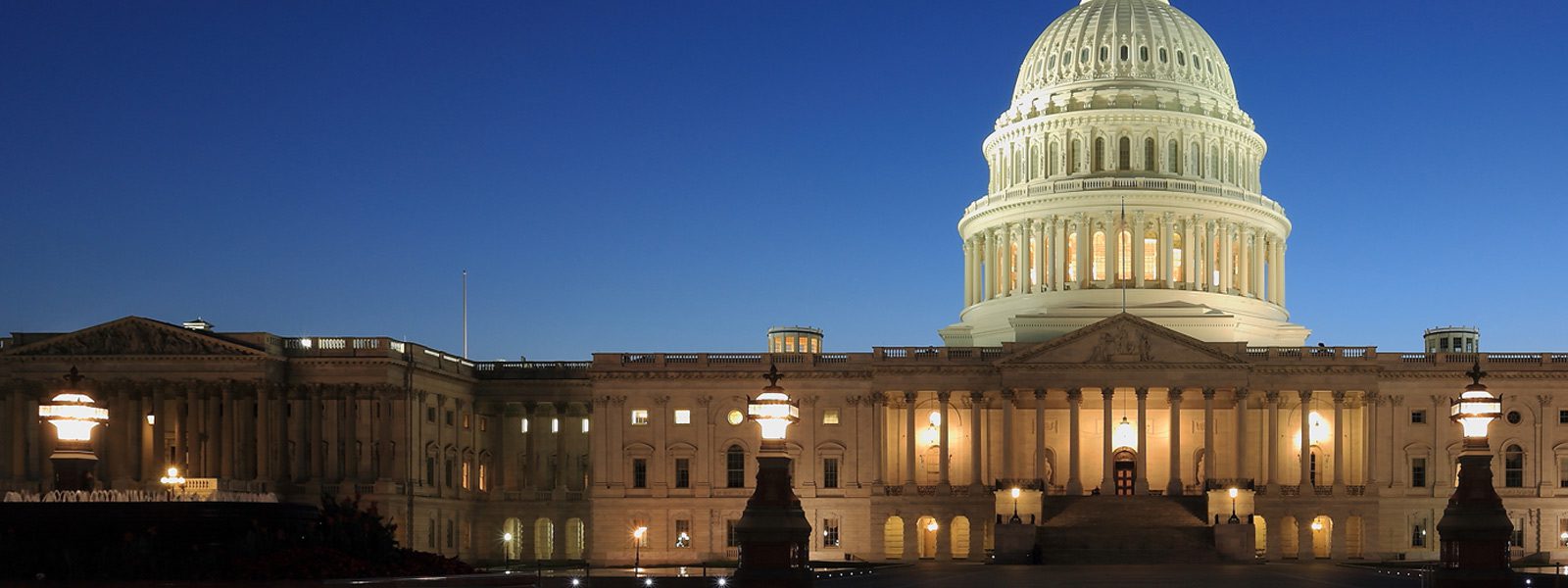IS members represent nonprofits, foundations, and corporations engaged in every kind of charitable endeavor, with missions that reflect the nearly infinite ways of working for the common good. New member the Do Good Institute, at the University of Maryland, serves as the catalyst to transform the university into the nation’s first Do Good campus, where students are inspired to take action and spur innovations and solutions that tackle today’s social issues. The Institute, housed in the School of Public Policy, provides opportunities for all University of Maryland students to engage with and address social issues through hands-on learning opportunities and experiences.
We talked with Kaitlin Ahmad, the Institute’s communications manager.
Q: Tell us a little bit about your career path and how you arrived at your present position.
KA: I joined the staff at the Do Good Institute about three years ago, after working in communications agencies in Washington, DC and in-house at a large nonprofit. At the agencies, I worked to develop and implement strategic public relations campaigns and events for corporate, nonprofit, foundation, and government organizations, including the dedication of the Martin Luther King, Jr. Memorial in Washington, D.C. Through this work, I found I was most excited about working with organizations with social good missions who were working to make the world a better place. I’ve also served as the public information officer for the Humane Society of the United States, traveling with its Animal Rescue Team to rescue animals from cruelty and neglect. It was a hard job, but it was made a little easier since I could bring my dogs to the office!
I was inspired by the mission of the Do Good Institute and knew that I wanted to help prepare the next students to become leaders in nonprofits, social innovation, and philanthropy and to be all-around engaged, active citizens.
Q: What does a typical day for staff at your organization look like? Was there a day you remember that was extraordinary?
KA: On a typical day our team works on a variety of different programs, supports students in the classroom, and engages the community. We are a very collaborative team that does a lot of brainstorming and building together. Part of our process is bringing in student ideas to see whether we can actualize them into programming. We regularly meet with other schools and centers on campus to integrate ‘Do Good’ ideas into curriculum. And we regularly engage with students in person, through social media, and highlight their contributions and impact.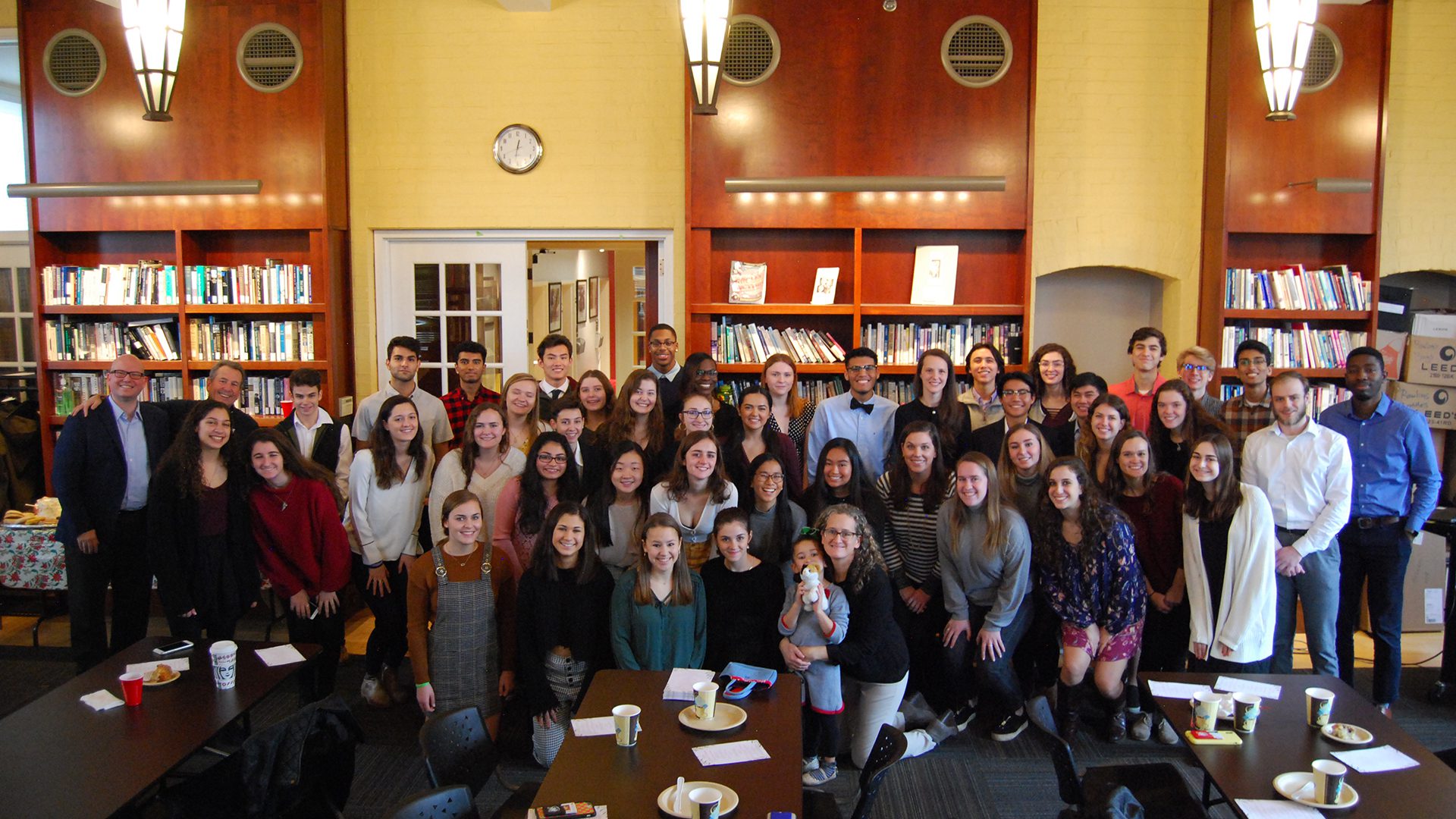
A day that is always special to us is the day of the Do Good Challenge Finals. It’s a jam-packed evening that showcases student innovators and changemakers and the incredible impact they’re creating for the issues they’re passionate about. The event features six final teams pitching their impact to an audience of hundreds and a panel of expert judges for the chance to win a share of $20,000. Past judge panels have included staff from organizations such as The Aspen Institute, The Nature Conservancy and JPMorgan Chase – and even Kevin Bacon! Questions from the judges help encourage students to think critically about their projects. After the event concludes, our team usually spends time together to reflect on the experience and celebrate the incredible work of Terps on campus.
Q: What are some of the challenges your organization faces and how have you responded to them?
KA: Today’s college student interest in “doing good” through behaviors such as volunteering is the highest its been in more than 50 years, but volunteering rates for these students have remained stagnate over the last decade. We are trying to address that gap and want to reach those students who don’t necessarily want to lead a nonprofit, but might want to do good in other ways. We want to support any student, regardless of their background and career trajectory, to better bridge that gap and support more students in doing good in their careers and in their communities. Considering the ambition of those goals and the size of the university with over 40,000 students, we are a small team and that’s a big challenge. But, we’re excited to tackle it.
Q: Describe some of the programs or services the Do Good Institute offers.
KA: The Institute includes the three main areas of work below, including research and thought leadership, education and fellowships, and the Do Good Accelerator, Do Good Challenge, and Mini-Grants.
- Research: The Institute addresses needs for information that build on existing knowledge in the field of philanthropy through research efforts studying volunteerism and giving and other related trends. For instance, a recent brief looked at how the shifting of adult milestones (delaying or not taking part in some of these milestones) impacts giving and volunteerism. Upcoming research is planned to look at trends such as the decline of participation in organized religion and its impact on giving and volunteerism.
- Teaching, Learning and Development: The Institute supports curricular and professional development opportunities at the School of Public Policy, for undergraduate and graduate students across campus. Each year, we provide funding for students to essentially run a grantmaking process in the course, Leading and Investing in Social Change: Redefining and Experimenting with Philanthropy. You can read about one recent class here.
- Do Good Programs:
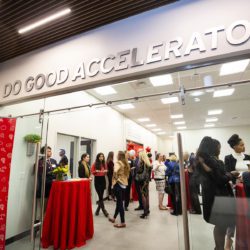 The Do Good Accelerator is a collaborative space on campus that supports students in developing innovative solutions to challenges, and helps nonprofits, projects, and businesses deepen their impact.
The Do Good Accelerator is a collaborative space on campus that supports students in developing innovative solutions to challenges, and helps nonprofits, projects, and businesses deepen their impact.
The annual Do Good Challenge draws students from across campus to develop solutions to social issues, leading up to a finals event where six teams pitch their projects or ventures for a chance to win a share of $20,000 and recognition in front of an audience of hundreds.
Do Good Mini-Grants provide funding for the creation and implementation of students’ proposals for projects or initiatives that create a positive social or environmental impact.
We also recently started a Do Good Ambassador program, designed to engage students from across a variety of majors in a professional development and community-building program to expand the knowledge of and participation in Do Good activities across campus along with other changemakers.
Q: What is one of your favorite places to be in your community?
KA: Our team’s favorite place to be is the Do Good Accelerator. Not only is it a fun place for our team to be together, it’s also a place where students come in and work. And, we can configure the space in a variety of ways for different uses including events, training, classes, networking, and more. It’s a collaborative community space that serves as a place for connection and a springboard for ideas and learning.
Learn more about the Do Good Institute at https://dogood.umd.edu/, and revisit an earlier blog featuring the Do Good Institute’s exploration of how volunteering trends and giving rates have changed in the 21st century. You can also find information on the impact of COVID-19 on the Institute’s spring programming here.
Visit Independent Sector’s members page to learn more about our members and the wide spectrum of their missions.
Editor’s note: Lindsay Marcal and Erica Harris are both University of Maryland, College Park alumni and proud Terps!
